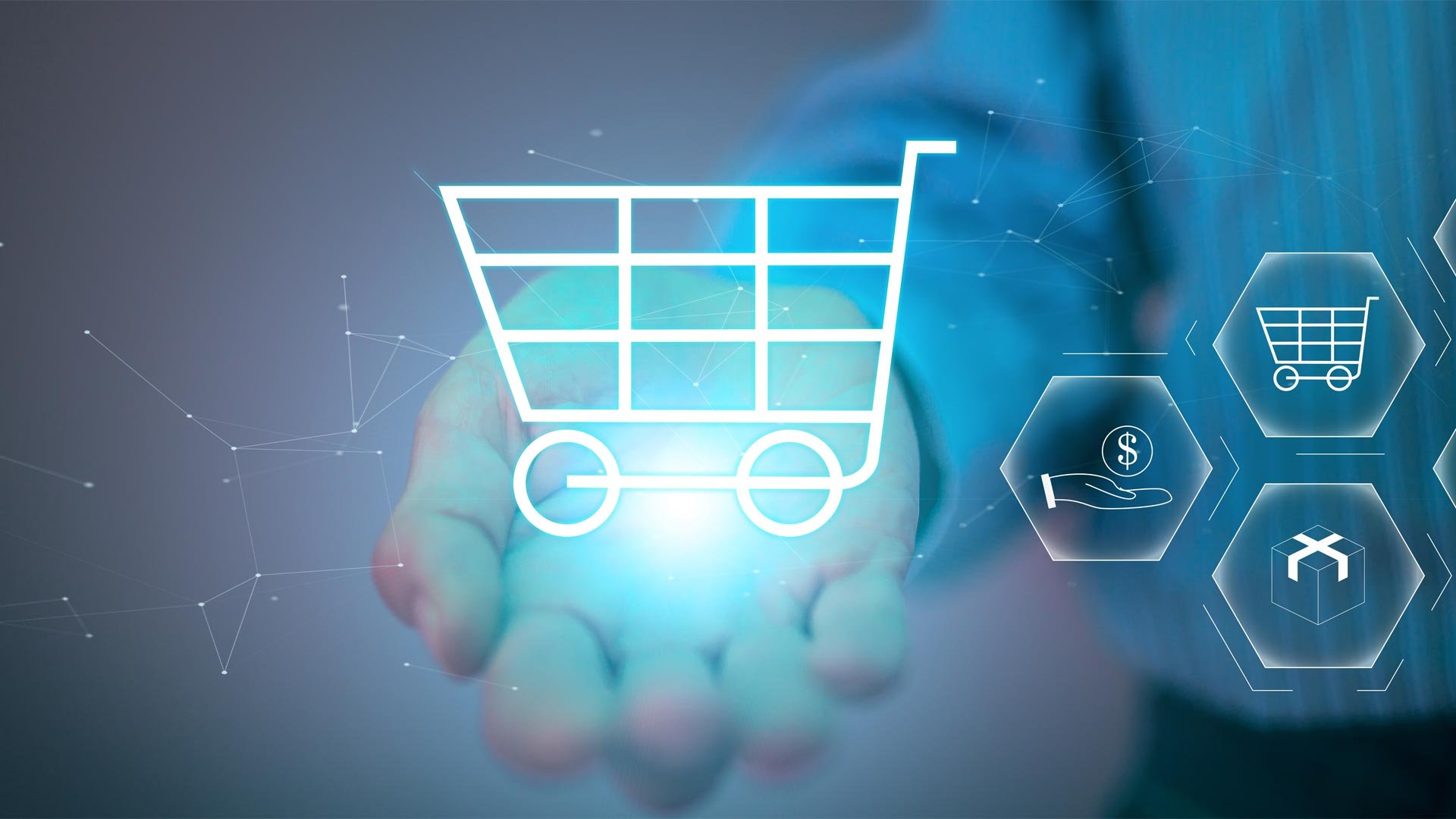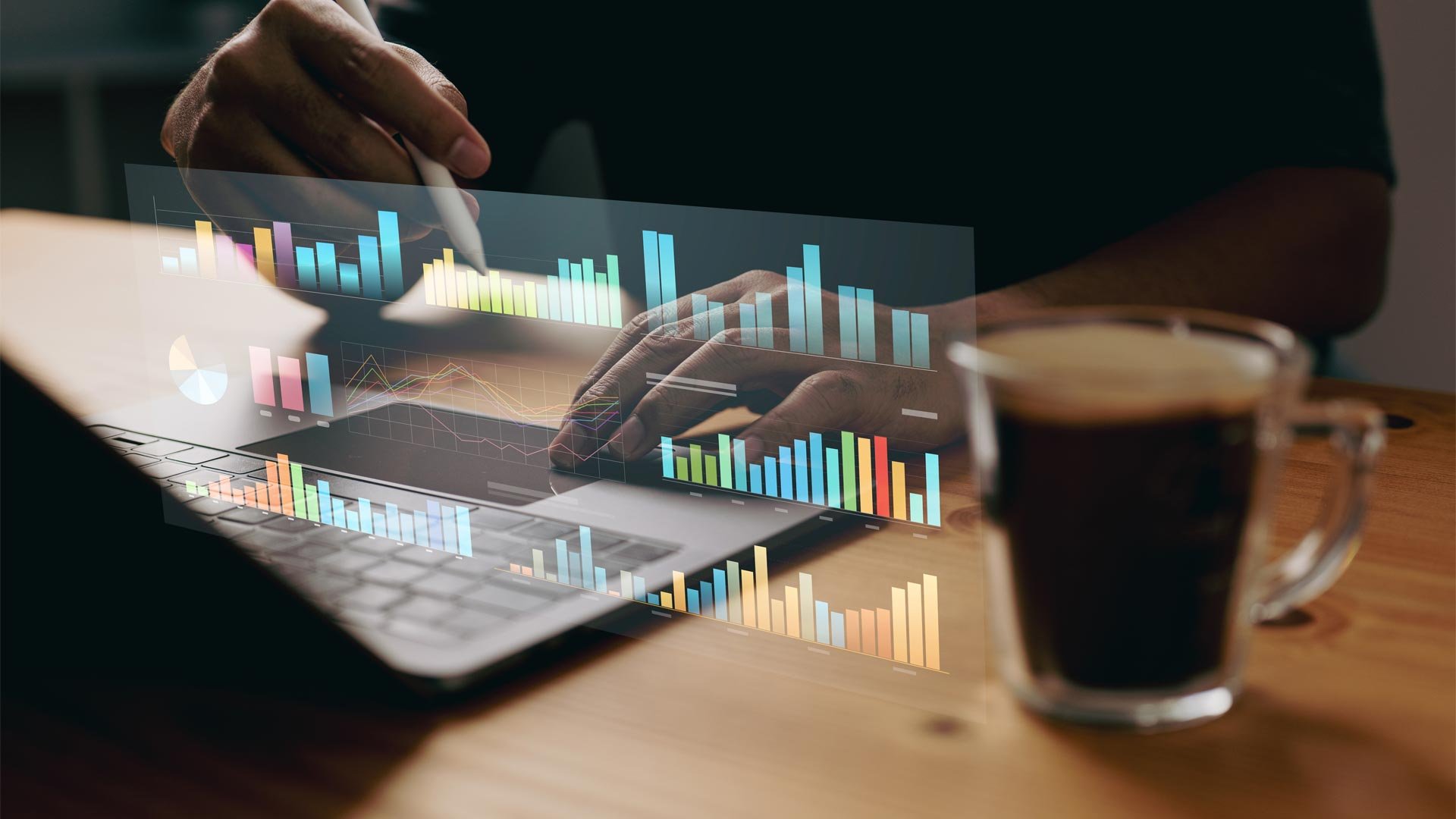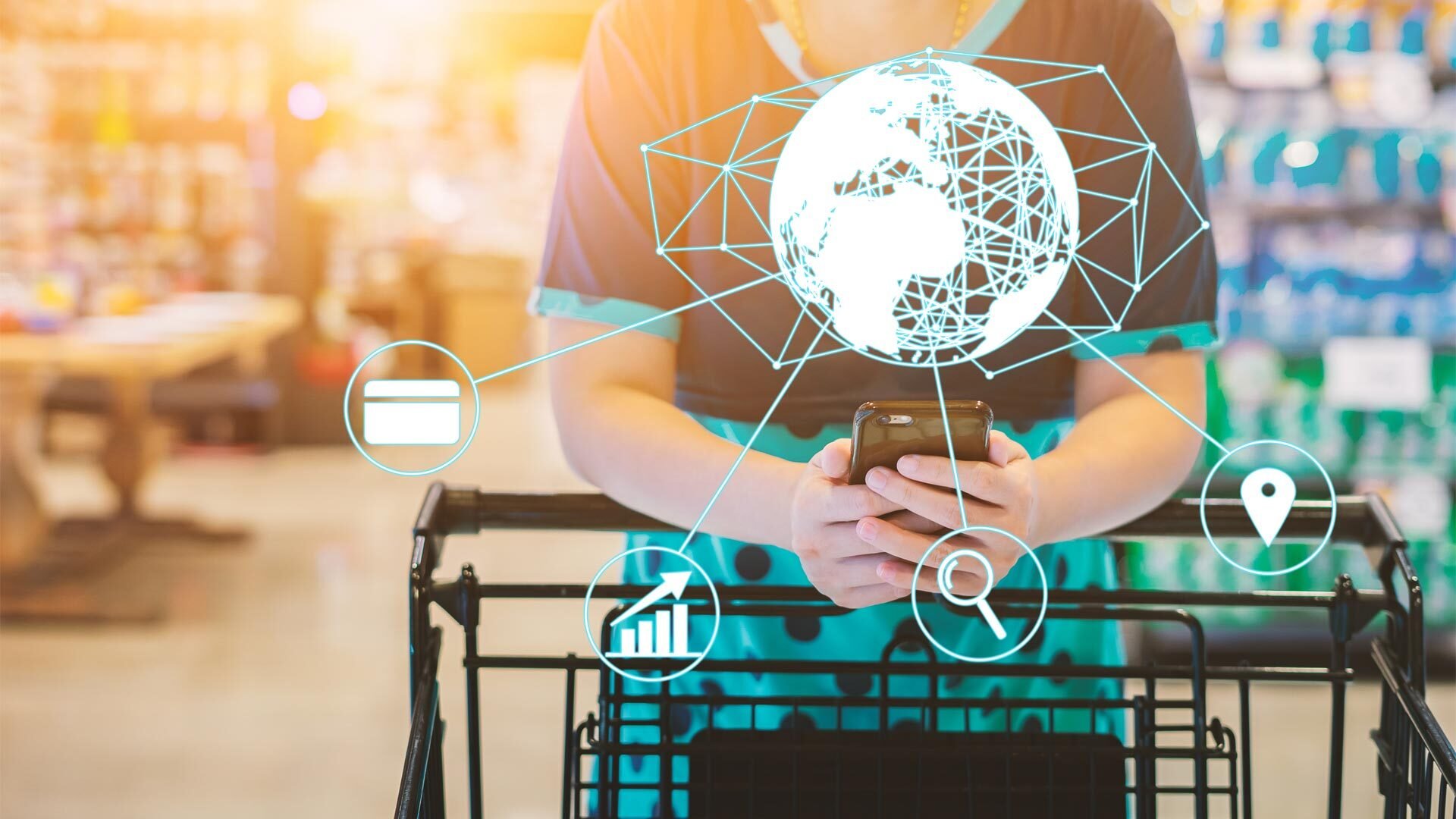The consumer packaged goods (CPG) sector is undergoing a major transformation driven by digital disruption, conscious consumerism and a dynamic global market. Today, success means more than shelf presence; it requires agility, innovation and deep operational intelligence. At the heart of this transformation is the role of enterprise resource planning (ERP) systems, which have evolved from back-office tools into strategic mechanisms for competitive advantage.
Here's a fresh look at five cutting-edge trends that are redefining the CPG industry space and how modern ERP systems are empowering forward-thinking companies to thrive, adapt and lead.
1. Mass Customization Meets AI-Powered Formulation
Personalization is no longer just about names on packaging; today's consumers expect ultra-personalized formulations adapted to their lifestyle, health needs and values. AI and machine learning are fueling a new wave of next-generation product development.
In the beauty and wellness segments of the CPG sector, AI-driven personalization has substantially increased conversion rates.
👉 How ERP helps: Modern ERPs integrate with AI and machine learning platforms to support intelligent R&D, allowing real-time consumer insights to shape product formulations. From demographics to online behavior, ERP-driven insights allow companies to launch micro-targeted SKUs with confidence, reducing waste and increasing ROI. In addition, ERP systems can automate complex bills of materials (BOMs) for customized or limited-batch products.

2. Direct-to-Avatar (D2A) and Virtual Consumerism
With the rise of digital identities, consumers are starting to buy as much for their avatars as for themselves. From branded digital wearables to virtual food testing in the metaverse, D2A is a pioneering space in consumer engagement.
In a recent survey, Gartner predicts that 25% of consumers will spend time in virtual environments every day by 2026.
👉 How ERP helps: While ERPs traditionally manage physical products, next-generation systems are expanding to enable digital product inventory, virtual product launches and customer engagement metrics on metaversal platforms such as Decentraland or Roblox. ERP APIs allow real-time integration with online storefronts, while digital twin technology tracks the performance of real and virtual products in parallel.
3. Predictive Demand Modeling with Edge Data
Real-time demand sensing is evolving into demand modeling, where companies use data to proactively influence consumer behavior, not just respond to it. This is possible thanks to edge computing and IoT-connected products that collect insights as consumers use them.
According to Forrester, real-time edge data has improved demand forecast accuracy by up to 25% in CPG pilot programs.
👉 How ERP helps: Integrated ERP and IoT platforms can ingest and analyze cutting-edge data from smart packaging, connected devices or vending units. ERP-based analysis can then create promotional strategies, adjust production or trigger stock restoration, all in near real time. This means less risk of stock-outs, more efficient manufacturing and greater consumer loyalty.

4. Navigating the New ESG Regulatory Landscape
Regulatory compliance has become a key priority in the CPG sector, as global frameworks increasingly demand transparency in the environmental, social and governance dimensions. Today, companies are expected to go beyond basic reporting, demonstrating clear responsibility, ethical sourcing and alignment with international compliance standards.
👉 How ERP helps: Modern ERP systems, when integrated with ESG suites like ESGeo, allow CPG companies to incorporate ESG principles into everyday business operations. These suites offer real-time dashboards to monitor key ESG metrics, from carbon emissions and water use to fair labor compliance and ethical sourcing. ERP platforms support blockchain-enabled traceability, allowing companies to verify product origins and supplier certifications transparently. With advanced analytics, companies can monitor useful metrics while streamlining ESG reporting according to global standards such as GRI, SASB and CSRD.
Ao combinar o ERP com suítes inteligentes de ESG, como a ESGeo, as organizações de CPG não apenas atendem aos requisitos de conformidade, mas também criam confiança e valor de longo prazo por meio de um impacto mensurável e responsável. By combining ERP with intelligent ESG suites such as ESGeo, CPG organizations not only meet compliance requirements, but also create trust and long-term value through a measurable and responsible impact.
5. Supply Chain Fluidity in a World of Multiple Crises
In addition to resilience, CPG companies are now looking for fluidity; the ability to reconfigure entire supply chains in response to geopolitical, environmental or economic events. Fluidity means supply alternatives, retooling factories or redirecting logistics in real time.
A 2024 economist impact report has already seen over 27% of CPG companies diversifying suppliers due to global instability.
👉 How ERP Helps: Modern ERP systems offer AI-powered risk modelling, vendor diversification systems, and scenario planning. With real-time visibility across global operations, companies can simulate system disruptions and proactively adjust strategy. Advanced ERPs also support multi-language, multi-currency, and compliance localization, helping CPG brands operate seamlessly across fluctuating markets.

Conclusion: The Future is Agile, Ethical, and Digitally Powered
The CPG industry is on the cusp of a smarter, sustainable, and more personalized future. From AI-generated products to virtual brand worlds and green supply chains, innovation is no longer optional; it’s inevitable.
An intelligent ERP is no longer a system of record; it’s a system of transformation.
By embracing modern ERP capabilities tailored to the custom demands of the CPG industry landscape, companies can Activate business agility to pivot with confidence, build trust through transparency and ethics, and exceed customer satisfaction with meaningful personalization. By thriving in both physical and digital ecosystems, companies can foster stronger connections and deliver superior experiences, ensuring lasting success in an ever-evolving market.
Now is the time to reimagine your ERP as a launchpad for continuous innovation and sustainable growth.
Transform your business with Avvale






